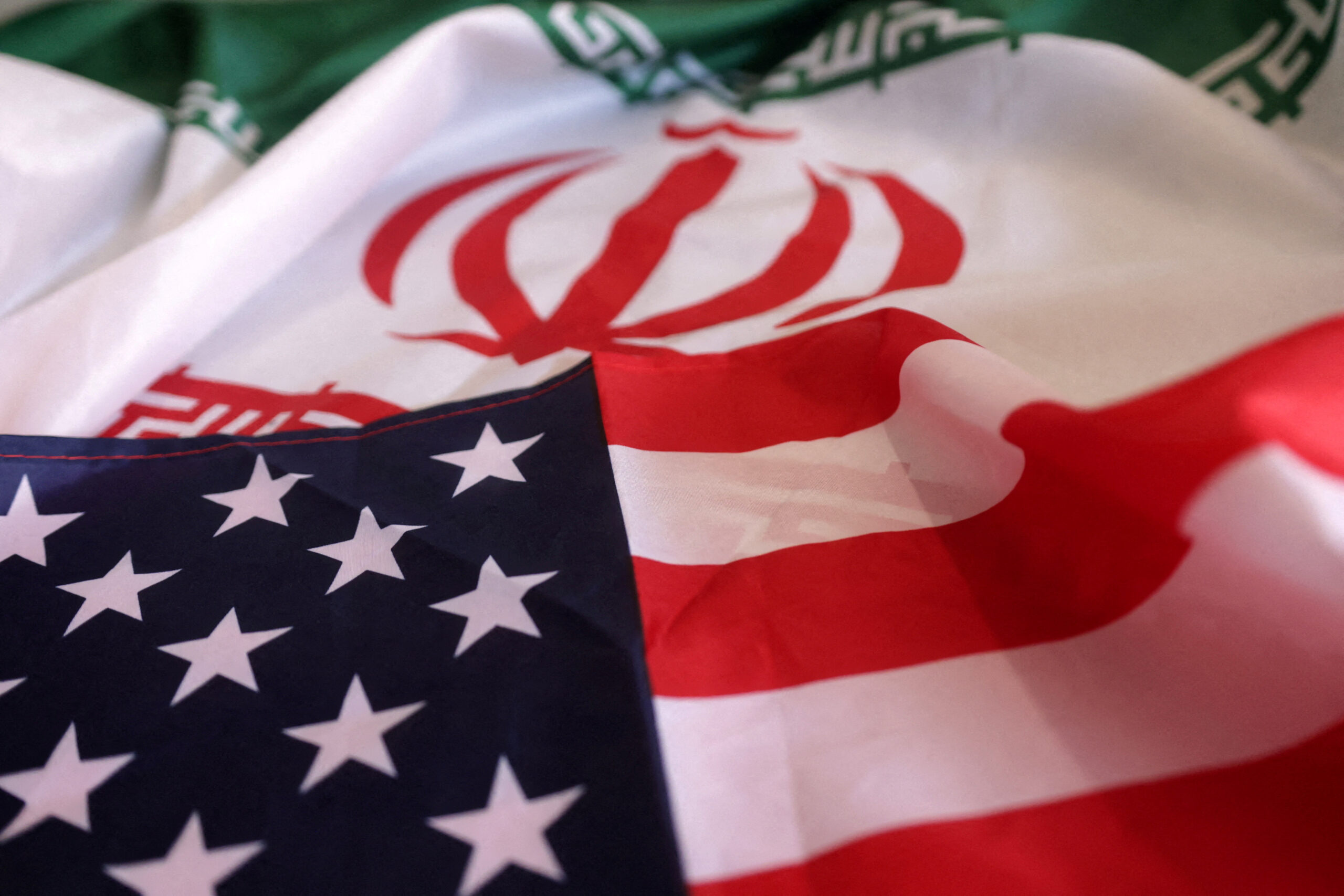By Mian Umer Hayat – The importance of legislation for Women Rights in Pakistan
Reference; Punjab Gender Parity Report
Legislation is the backbone of democracy and good governance in the country. It protects and organises society by determining the rights and responsibilities of individuals and the authorities to whom the legislation applies. Different types of legislation are implemented worldwide, including Bills, Ordinances, Codes, Regulations and Rules. The primary source of legislation is an Act; however, it only attains its legislative status after it has been passed by both Houses, where it is tabled for voting as a Bill i.e. a legislative proposal. This law-making process allows for constructive debate on the proposal and is an essential element of democracy.
Legislation promotes the principle of rule of law which requires that governance is led by a durable system of laws under which all citizens are held accountable. Legislation is, therefore, the tool that allows rule of law to be implemented. The Parliament acts as the primary source of legislation and it is through elected members of the Assembly that laws are introduced and amendments to laws are proposed. A parliament thus bears the responsibility of repealing obsolete discriminatory laws and noting gaps in the legal system.
However, certain discriminatory laws divert from the principle of the rule of law. Women are often the direct victims of such discriminatory laws. In Pakistan legislation around employment, education, political participation, family and citizen identity is skewed in favour of men. In many countries, a woman’s legal status or identity is tied to her father or husband. Women worldwide still have only ¾ of the legal rights that men enjoy. Women in South Asia, specifically have 2/3 the legal rights as men. These figures indicate that a loop of discriminatory laws revolving around education, work, marriage and maternity continues to undermine women and their progression.
Laws rooted in patriarchy do not adversely affect women only, but are regressive for the society at large. Legislation that empowers women on the other hand, is bound to benefit the entire population in the short and long term, especially in a developing country. A study by IMF suggests that when girls are given better educational facilities, fertility rates drop and labour force participation rates increase. This ultimately improves the human capital quality for the future of the country.
Several efforts have been made internationally to achieve women’s empowerment through law and policy making. The UN Sustainable Development Goal (SDG) Agenda 2030 is a global initiative aimed to fulfil 17 goals by 2030 which are tied to human dignity, human rights, non-discrimination, the rule of law and justice. In this spirit, it highlights gender equality as a requirement for sustainable growth. Goal 5 urges countries to empower women through education, employment and political participation. It also stresses the need to eliminate violence against women.
In 2016, Pakistan adopted the SDGs and through its National Commission, it devised the National SDGs in 2018. These national SDGs are formulated keeping in mind gaps in the local system and alignment with the original SDGs. The government has focused on equality in job opportunities and access of rights such as education, land ownership, inheritance, financial services etc. Deterring and punishing violence against women has also been prioritised.
The Government presented its progress on the SDGs via the Voluntary National Review (VNR-2020). Commendable work around health was shared. The review put forth that public investment in the health sector grew by 410 percent in 2020 and that 152 health facilities were equipped across all districts in Pakistan during COVID-19. The review also updated that the Sehat Sahulat Card, which is a significant health insurance scheme had covered 60 percent of the population by 2020. The initiative has been a welcome step, especially for women with limited access to healthcare, particularly antenatal and postnatal care, as well as diseases like tuberculosis (the reported cases for tuberculosis in women increased by 44% between 2020 and 2021).
Pakistan has also been committed to international conventions advocating for women’s empowerment and protection against all forms of discrimination. The first was its adoption of the Universal Declaration of Human Rights (UDHR). Article 2 of the Declaration emphasises that the rights and freedoms stated are equally applicable to men and women411. Key ratification for the advancement of women’s rights was that of the Convention on the Elimination of All Forms of Discrimination against Women (CEDAW) in 1996. Under CEDAW, Pakistan must pursue all appropriate means to address discrimination against women in all spheres, especially political participation, education, employment and household. With the CEDAW committee’s recognition of violence against women as a form of discrimination, Pakistan is particularly required to provide immediate access to justice to the victims of violence.
Legislative Measures
Internally, Pakistan has been working on targeted areas of women’s rights that have been overlooked in the past. On the federal level, noteworthy laws were enacted in 2021: the Anti-Rape (Investigation and Trial) Act, the Criminal Law (Amendment) Act, and the Protection of Journalists and Media Professionals Act. In Punjab, the Punjab Enforcement of Women’s Property Rights Act was enacted in 2021 which repeals the Punjab Enforcement of Women’s Rights in Property Ordinance, 2019. Features of the Acts have been listed below:
| Law | Salient Features |
| Punjab Enforcement of Women’s Property Rights Act 2021 | Property-related complaints are directed to the ombudsperson for speedy resolutions who assess the complaints and has authority to deliver possession and / or ownership of property to woman complainants.Where the ombudsperson evaluates that detailed investigation or further evidence is required, he may refer the case to the Court.For women who are illegally deprived of possession of their property, the ombudsperson may direct payment of amount equivalent of rent for the property at market rate for the duration that such deprivation took place. |
| The Criminal Law (Amendment) Act, 2021 | The amendment elaborates on the definition of rape, adding incriminating scenarios.It also expands on the legal parameters of consent.The amendment has added “Gang Rape” as an offence under Section 375-A. All offenders charged under the Section will be punished for common intention, irrespective of their role in the offence.Rape and Gang-rape have been declared as “non-compoundable” offences i.e. no settlement will be allowed and the Court will make the final decision.The amendment has also introduced “chemical castration” as punishment for “exceptional first-time offenders or repeat offenders” of rape.The punishment of imprisonment for life” has also been clarified by stating “imprisonment for the remaining period of his natural life”. |
| Anti-Rape (Investigation and Trial) Act, 2021 | Anti-Rape Crisis Cells to be established for prompt FIR registration, medico-legal examination and forensics. These Cells however, have not yet been established.Medico-Legal examination to be carried out within 6 hours of the offence.Independent Support Adviser introduced by the Act as individuals appointed by the Anti-Rape Crisis Cell to accompany victims to court proceedings to reduce the risk of duress or victimisation.Special courts are to be set up across Pakistan to expedite trials of rape.Video testimonies or trials may be allowed by Court to protect a vulnerable victim.To protect victims’ reputation and dignity, the evidence against “immoral character” are barred under the law.The law abolishes the two-finger test for the victim.Identity of the victim is to be concealed and disclosure may be punished under the law. |
| The Protection of Journalists and Media Professionals Act, 2021 | The Act protects journalists and media personnel against any harassment in private or public sphere. The aggrieved can file a complaint with the Federal Ombudsperson within 14 days of the incident. |
The federal government has also initiated other legislative reforms for women in 2021. The following Bills have been passed by the National Assembly, keeping women’s empowerment as a key concern. Their enactment is awaited as of 2021. The federal government has also initiated other legislative reforms for women in 2021. The following Bills have:
| Bill/Amendment | Salient Features |
| Muslim family law ordinance 1961 amendment 2021 | The amendment breaks down the inheritance calculation for women and children of the deceased following the Ahl-e-Teshih sect. It protects the rights of widows that may otherwise be left without legislative support for their rightful inheritance |
| Domestic Violence (Prevention and Protection) Bill 2021 | The Bill was introduced to address domestic violence cases in Islamabad Capital Territory. Sindh, Punjab, Balochistan and KP have already enacted legislation for domestic violence. The Senate has passed this Bill. |
| Protection Against Harassment of Women at the Workplace (Amendment) Act, 2021 | The amendment seeks to define harassment and its parameters under law.A new clause has been added to define “sexist harassment” separately.Punishment for false complaints has also been stated under the amendment.Discrimination based on sex is also criminalised under the amendment. Such discrimination is not necessarily sexual in nature but actively prohibits women from advancing in their work place or undermines their performance in any other way. |
| Prevention of Electronic Crimes Act, 2016, Pakistan Penal Code, 1860 (Amendment 2021) | The amendment defines sexually explicit content as part of a new clause and also expands on the sexual abuse of a minor. |
The Bills above are definitely a positive set of actions for women in Pakistan as they promote empowerment and protection of women in different spheres. However, more needs to be done. For example, in 2021 while the Sindh government removed restrictions on women working at night in factories413, women still do not have the same privilege as men to register a business in Pakistan. For instance, the Companies Act still requires a married woman to provide details of her husband when submitting the memorandum and articles of association.
Read More: https://republicpolicy.com/global-food-inflation-and-food-security-pakistan/

















